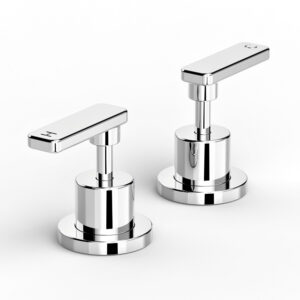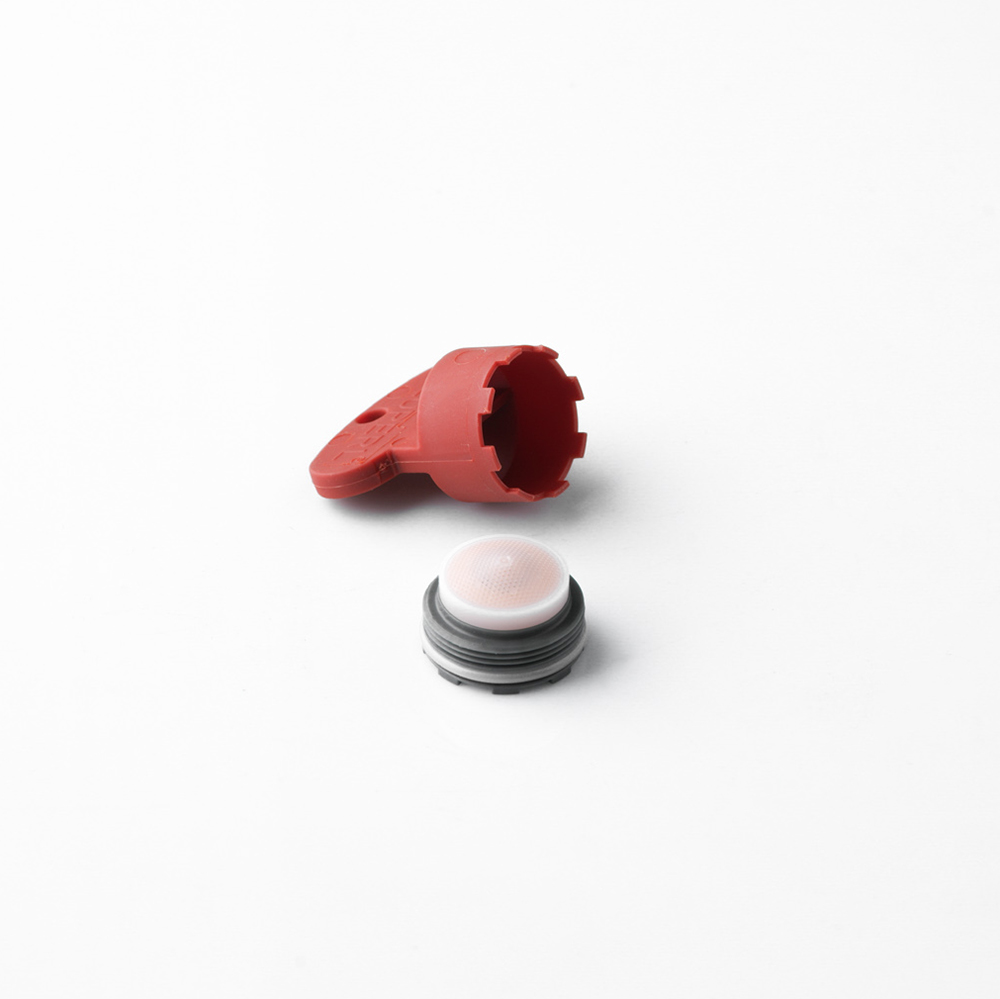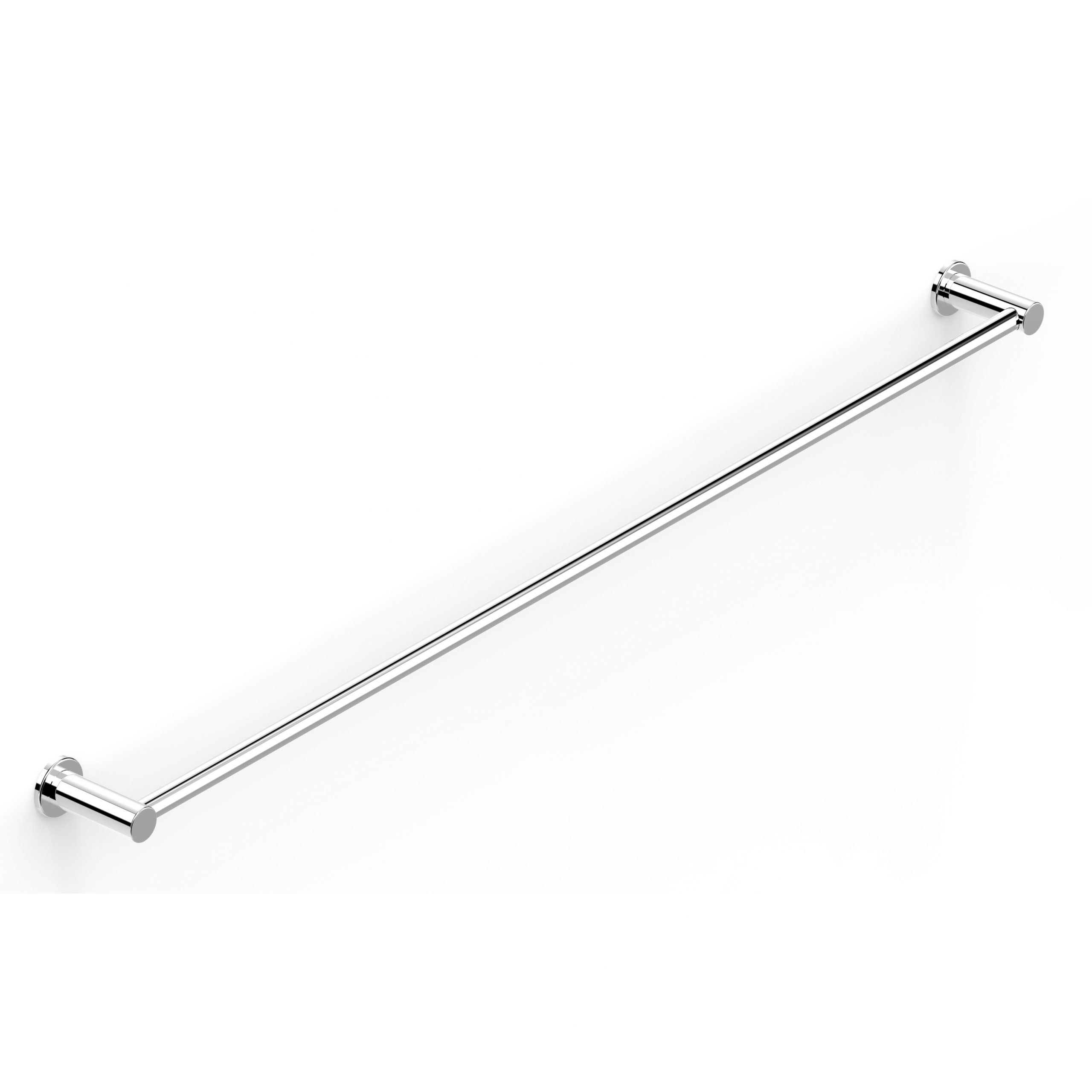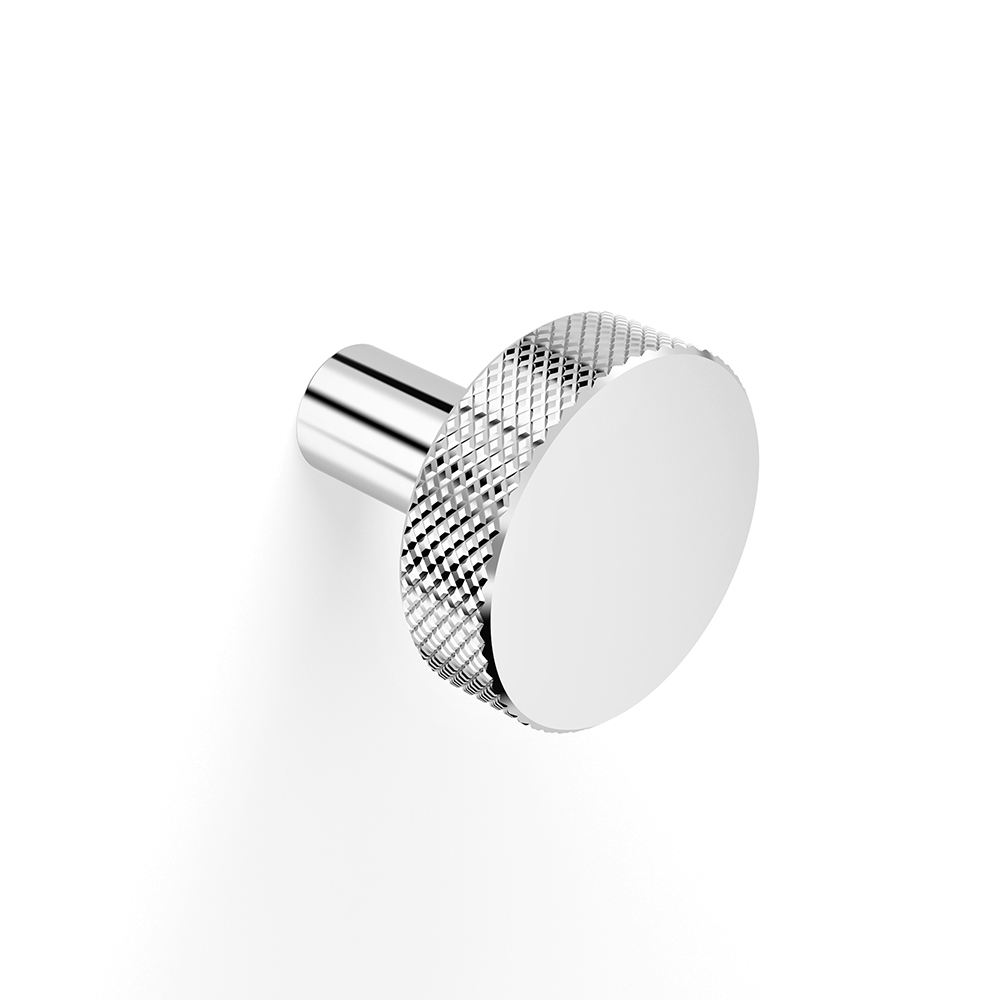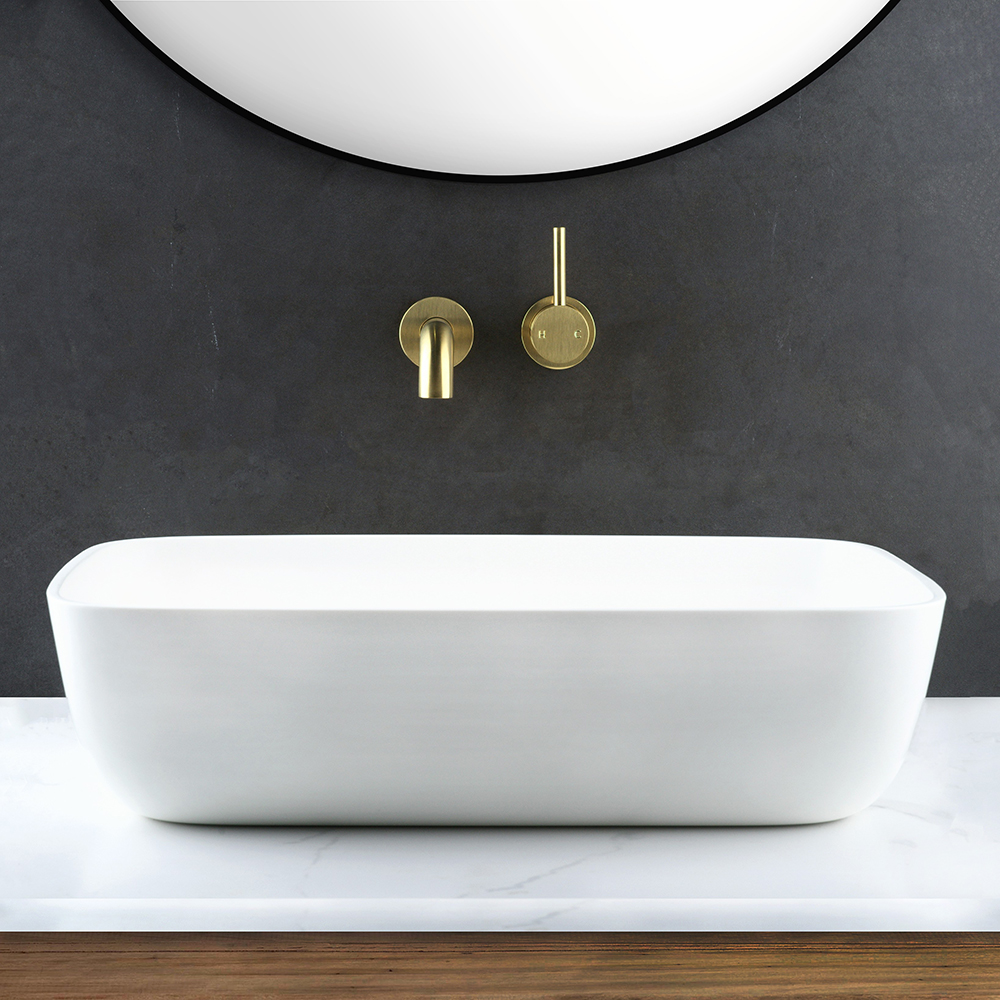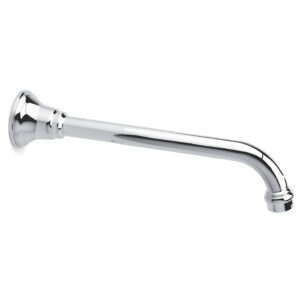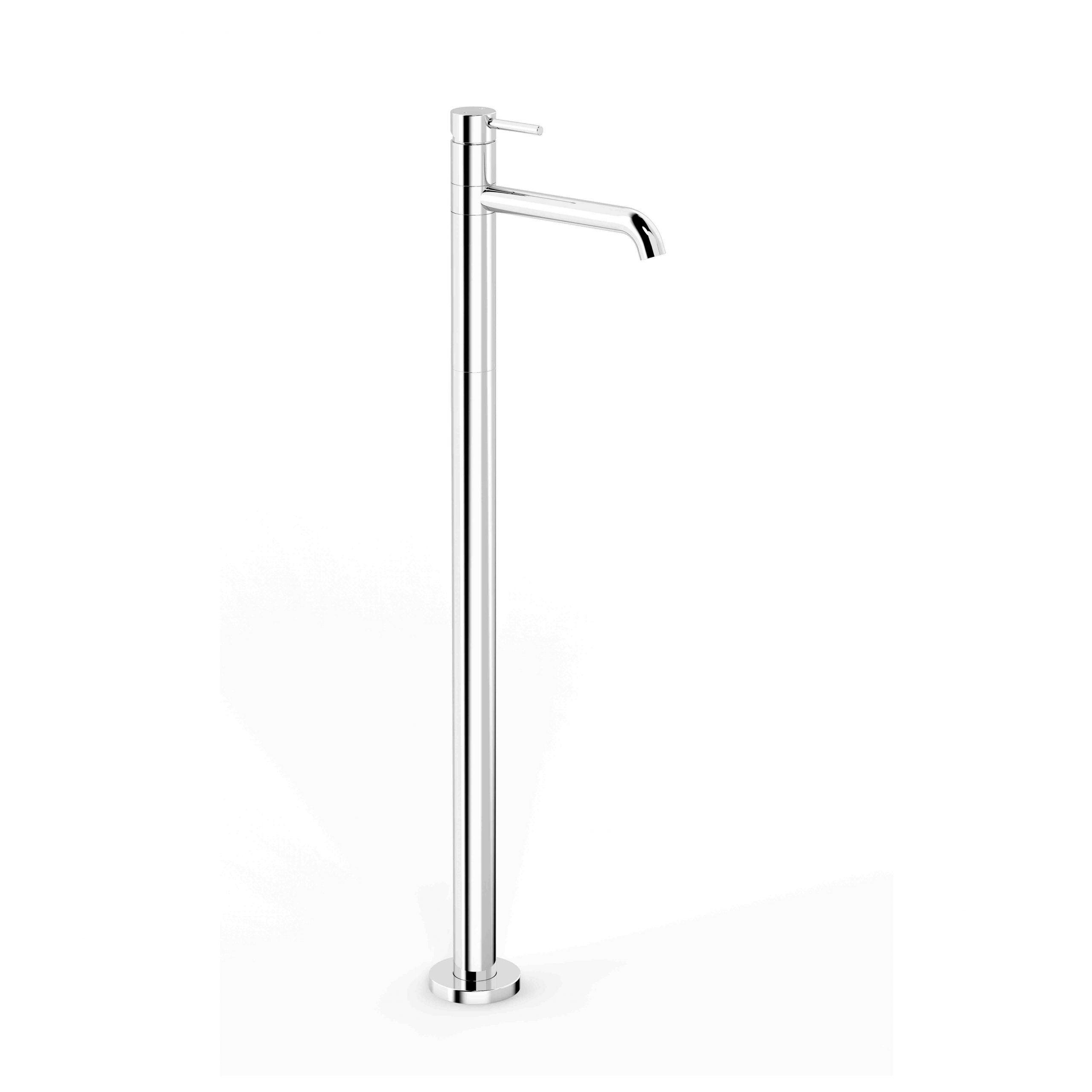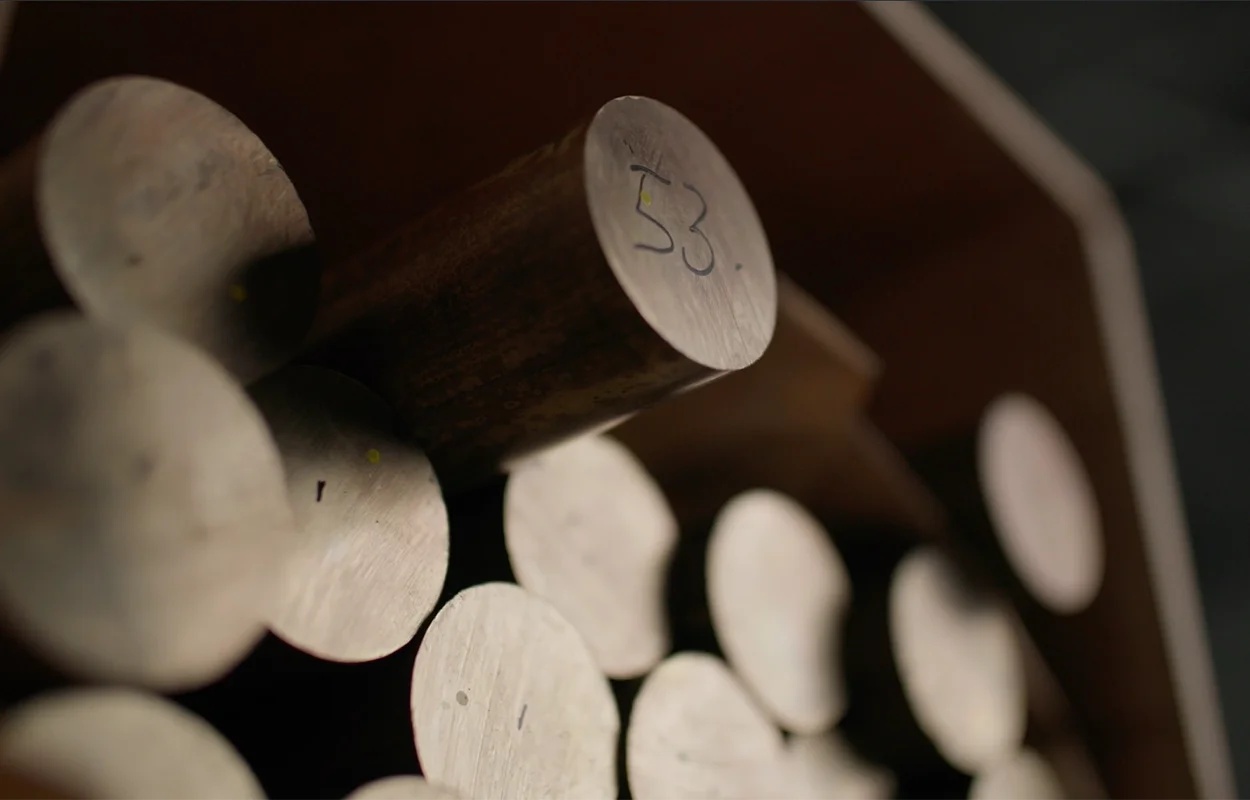
In the bid to raise the standard of living and enhance public health, Australia is setting a new benchmark. The country is taking significant steps towards improving water quality by phasing out tapware containing lead. From 1 May 2026, copper alloy plumbing products containing more than 0.25% lead will no longer be authorised for installation in a plumbing system used to convey drinking water.
This bold move comes in the wake of mounting evidence of the detrimental effects of lead exposure on health, particularly in young children. The harmful nature of lead, a heavy metal that can adversely affect the brain and nervous system when consumed, has been a cause for concern. This coming change in regulations, which seeks to combat this issue, signifies that tapware that is manufactured using lead-based materials must be progressively eliminated and substituted with certified lead-free alternatives.
Faucet Strommen is well ahead of these new regulations to transition to a safer future, as components in contact with drinking water are crafted from lead-free UltraBrass. This innovative copper alloy contains less than 0.002 parts lead (Pb) to 1 part brass, comfortably below the new maximum allowable concentration, making it the ideal material to comply with the new standards.
UltraBrass is also beneficial for the environment, compared to leaded brass, as it prevents the release of lead into wastewater, which can contaminate aquatic ecosystems and harm aquatic life.
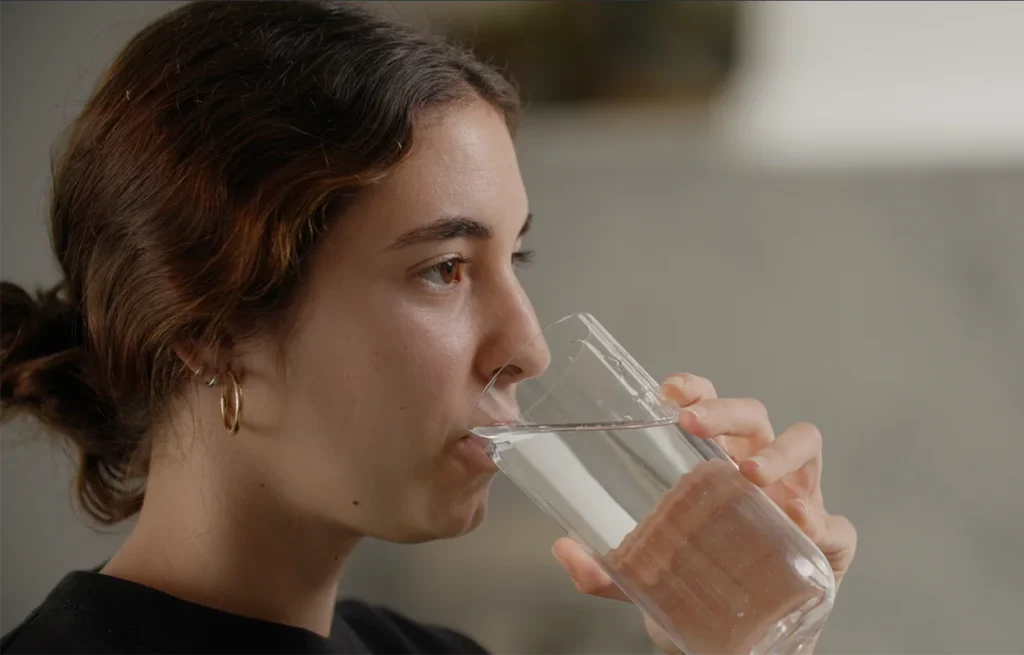
How does stainless steel compare with lead free brass?
Stainless steel, for years, has been the recommended material for safety in tapware because of its lead-free composition. Both stainless steel and lead-free brass are extremely durable and resistant to corrosion, and are also recyclable, so the environmental impact is low. Stainless steel has some disadvantages, however, as it contains a high proportion of nickel which can be harmful to your health if released into the drinking water.
Because stainless steel has been generally seen as a safe material for use in tapware, there has been ongoing debate about automatically approving 316 and other grades of stainless steel to AS/NZS 4020 standards without any testing. Testing has shown that, depending on the mill and manufacture processes involved, stainless steel from some suppliers can fail testing due to high nickel levels causing leaching and corrosion issues. Not all stainless steel is the same and must be tested to ensure compliance, as variations exist among manufacturers worldwide, and nickel leaching can cause serious health implications.
UltraBrass, however, contains only minute amounts of nickel. Additionally, UltraBrass is a copper alloy which gives it antibacterial properties which stainless steel does not have. When used in lead free brass products, such as tapware, copper ions are released upon contact with moisture. These ions actively inhibit the growth and spread of bacteria, making lead free brass the most effective and hygienic choice for your tapware.
From an environmental standpoint, brass requires significantly less energy to recycle than stainless steel, and given its higher value is much more likely to get recycled rather than end up in landfill.
What makes UltraBrass exceptional is that it doesn’t merely adhere to Australia’s new regulations, it goes beyond them. Faucet Strommen’s commitment to lead free is just the beginning of our journey to create a sustainable future and set a new precedent for wholesome living.

